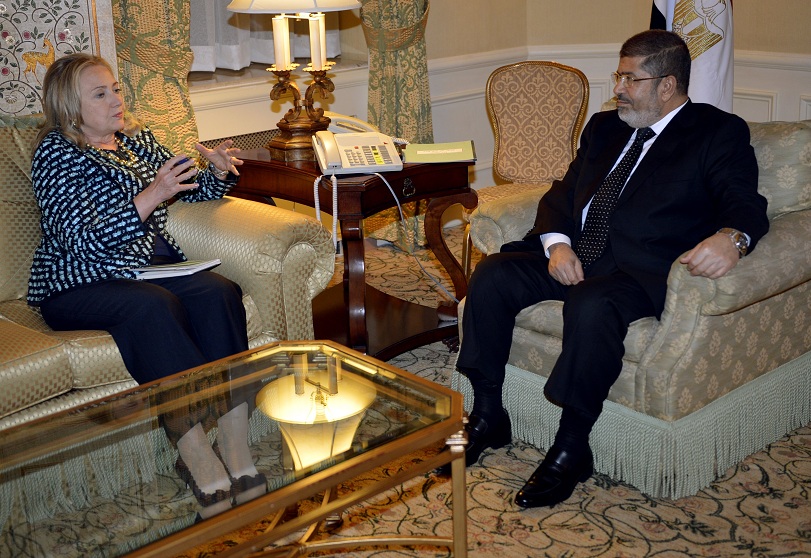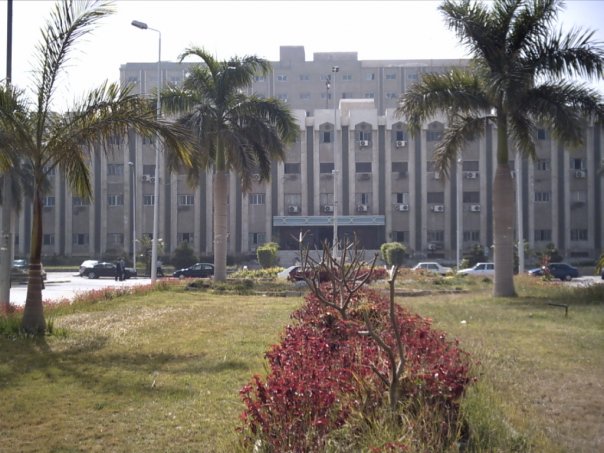
(AFP PHOTO / STR)
A review of capital punishment in 2014 has documented a large spike in the handing out of death sentences by governments worldwide.
Mass verdicts handed out in Egypt have also been identified as a key element in the rise in numbers.
According to research by Amnesty International, the number of death sentences recorded in 2014 rose by almost 500 to at least 2,466, compared to 2013.
The report said this was “mainly because of sharp spikes in Egypt and Nigeria, including mass sentencing in both countries in the context of internal conflict and political instability”.
However, Amnesty International also noted the number of recorded executions fell from 778 in 2013 to 607 last year, excluding China’s figures.
Forms of execution in the past year included beheading, hanging, lethal injection and shooting. Executions in public were also carried out in Iran and Saudi Arabia.
In Egypt, courts gave out at least 509 death sentences during 2014, an increase of 400 compared to 2013. This figure included “unfair mass trials” that handed out collective death sentences, such as given to 183 people in June, including to Supreme Guide of the Muslim Brotherhood Mohamed Badie.
The report identifies that “an alarming number of countries used the death penalty to tackle real or perceived threats to state security linked to terrorism, crime or internal instability”. It called this approach “flawed” and without evidence of effectiveness in deterrence.
“In a year when abhorrent summary executions by armed groups were branded on the global consciousness like never before, it is appalling that governments are themselves resorting to more executions in a knee-jerk reaction to combat terrorism and crime,” said Salil Shetty, Amnesty International’s Secretary General.
As many as 22 countries were reported to have carried out executions, the same number as the previous year. This is a significant decrease from 20 years ago, however, when Amnesty International recorded executions in 41 countries in 1995, suggesting that the global community is generally moving in the right direction.
The report identifies the death penalty as still widespread, but with Iran, Iraq and Saudi Arabia accounting for 90% of the cases in the region. These three countries, alone, accounted for 72% of all recorded executions globally (excluding China).
However, the report noted that Sub-Saharan Africa saw good progress in 2014. Forty-six executions were recorded in three countries compared to 64 executions in five countries in 2013. Only three countries – Equatorial Guinea, Somalia and Sudan – were found by the rights watchdog to have carried out executions.
According to Amnesty International, China again carried out more executions than the rest of the world put together. It is thought that thousands are executed and sentenced to death there every year, but with numbers kept a state secret it is not possible to determine the true figure.
The other countries making up the world’s top five executioners in 2014 were Iran (289 officially announced and at least 454 more that were not acknowledged by the authorities), Saudi Arabia (at least 90), Iraq (at least 61) and the US (35).
The US continued to be the only country to put people to death in its region, although executions dropped from 39 in 2013 to 35 in 2014. This reflects a slow but steady decline in the use of the death penalty across its States over the past years.

